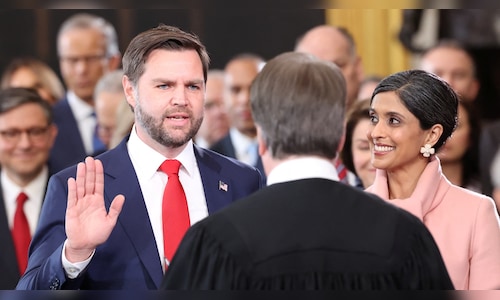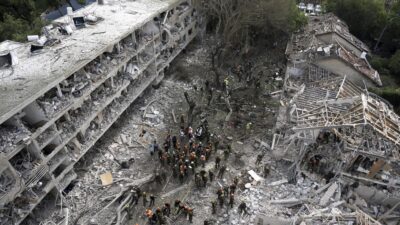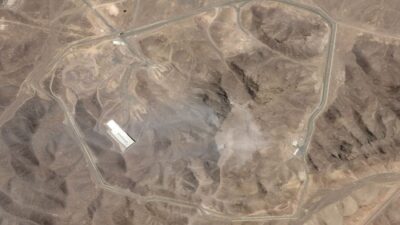President Trump characterized the operation as having “obliterated” Iran’s essential nuclear infrastructure, aligning US efforts with Israel’s ongoing military initiatives against Tehran. Vance, during his appearance on NBC’s Meet the Press, stated, “It’s going to be many, many years before the Iranians are going to be able to develop a nuclear weapon.” He further accused Iran of not negotiating in good faith, which he indicated led to the strikes.
In a separate discussion with ABC News, Vance cautioned, “If the Iranians attack us, they’re going to be met with overwhelming force,” highlighting that the US had carefully avoided civilian and non-nuclear military targets.
He remarked, “The diplomacy never was given a real chance by the Iranians,” and criticized Tehran’s military capabilities, suggesting, “Perhaps they should follow President Trump’s lead and give peace a chance.”
Meanwhile, Secretary of State Marco Rubio sent a stern message on Fox News regarding Iran’s potential decision to close the Strait of Hormuz, calling it “economic suicide” and urging China to engage diplomatically. “I encourage the Chinese government in Beijing to call them about that, because they heavily depend on the Straits of Hormuz for their oil,” Rubio stated.
He also indicated on CBS News that “there are no planned military operations right now against Iran—unless they mess around and they attack Americans or American interests.”
In a move likely to unsettle global energy markets, Iran’s parliament has ratified a proposal to close the Strait of Hormuz—a critical maritime chokepoint through which nearly 20% of the world’s oil supply is transported—following US airstrikes on Iranian nuclear sites.
State-run Press TV reported on Sunday (June 22) that the proposal signifies wide agreement within the Iranian legislature, although the ultimate decision rests with the Supreme National Security Council.
Iran has decried the US strikes as a “grave violation of international law,” with Foreign Minister Abbas Araghchi labeling the attacks as “brutal military aggression” and warning of repercussions. Tehran has pledged to protect its sovereignty and is seeking urgent discussions with Russia amid concerns of further escalation.
(Edited by : Priyanka Deshpande)
First Published: Jun 22, 2025 9:52 PM IST



